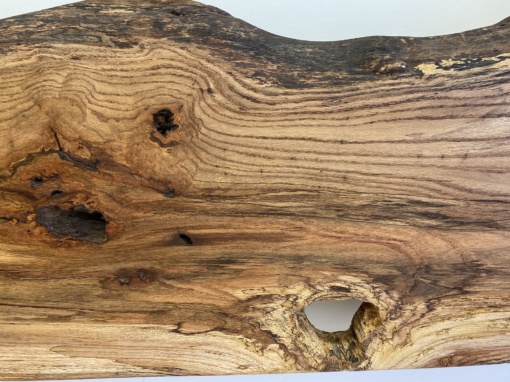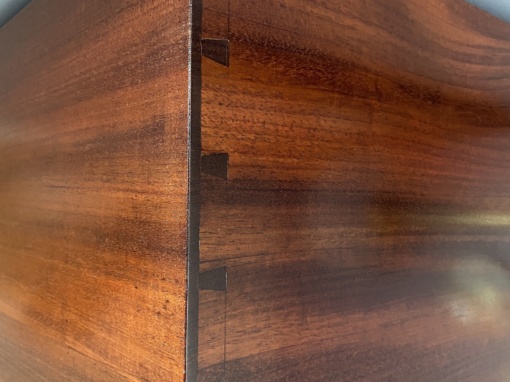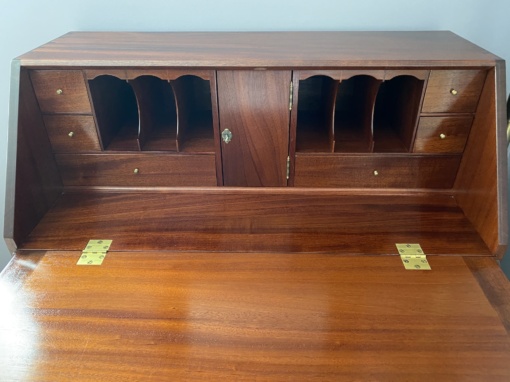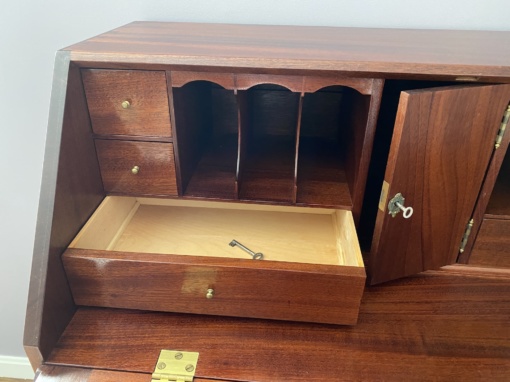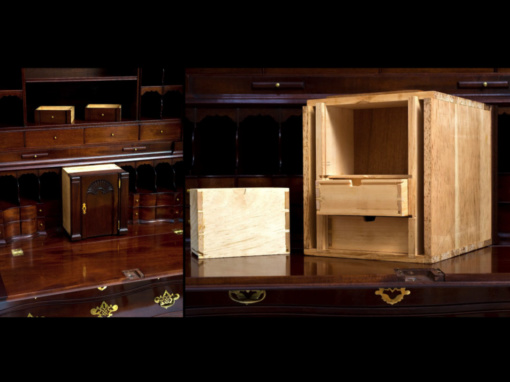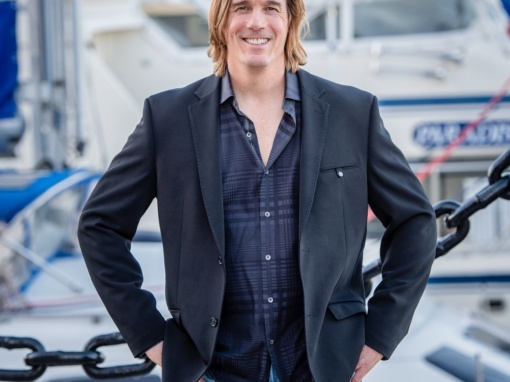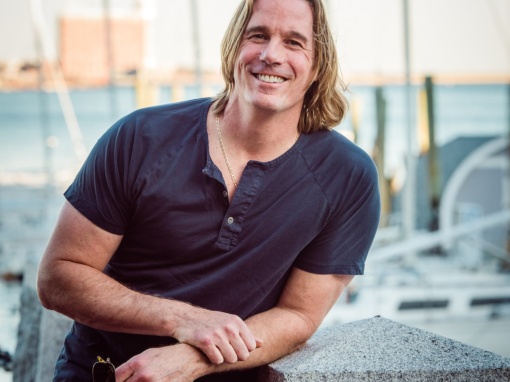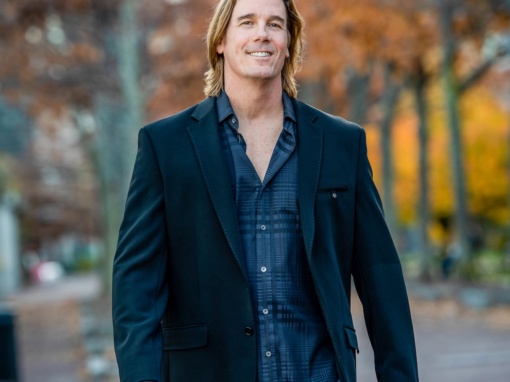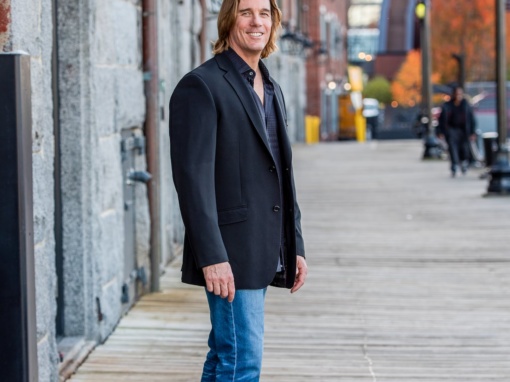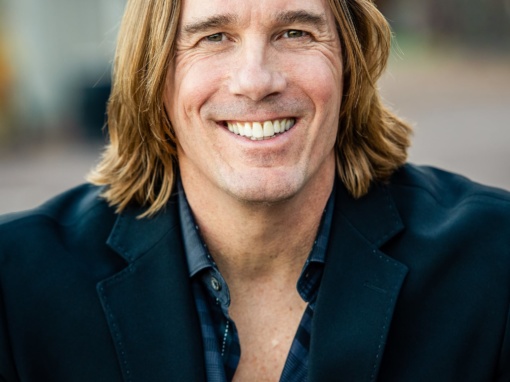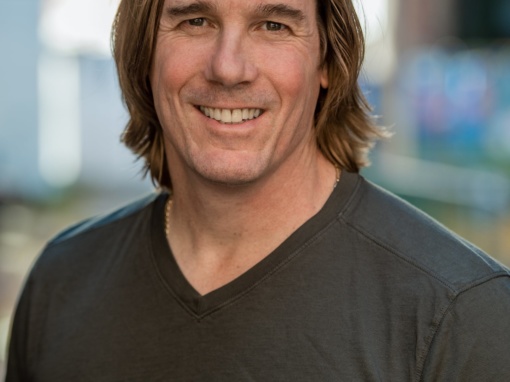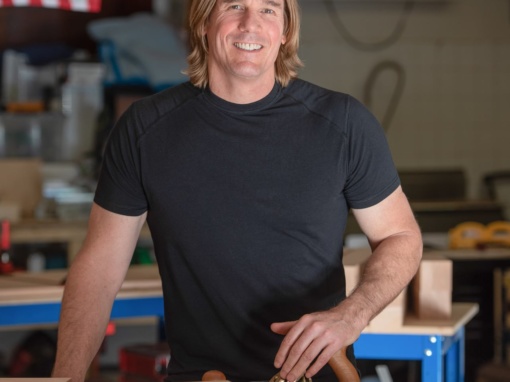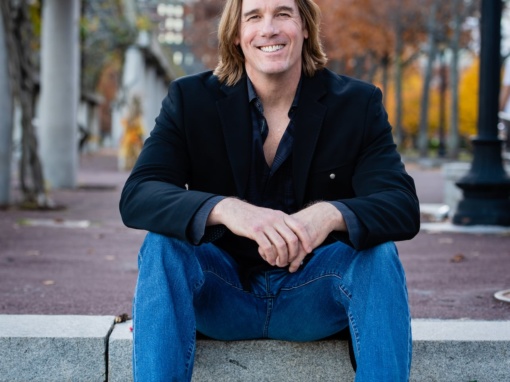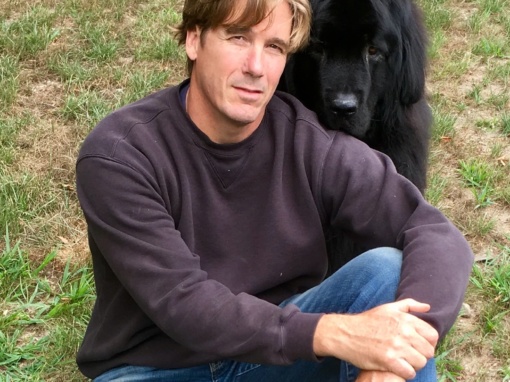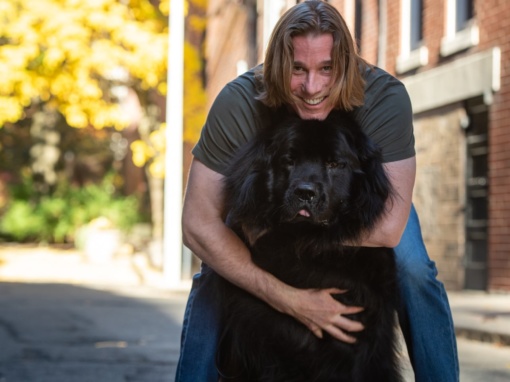I heard an interesting piece on NPR this morning about a professor of environmental studies out in UC Santa Cruz who created a nonprofit called The WaterReuse Foundation to determine why the public has a knee-jerk reaction to the thought of drinking water that was once waste water.
According to the professor, one Matt Haddad, it didn’t matter that the water had been thoroughly cleaned and made perfectly suitable for drinking. The fact that it had once been sewage water was enough to turn the public off in a big way.
Haddad turned to psychologists to help explain the public’s “irrational” behavior. According to one, the problem stemmed from what is called “psychological contagion.” We humans tend to believe that when two objects have contact, their parts are joined. Like water and refuse. In other words, even if the refuse is physically (and completely) removed from the water, in our minds it is still waste water. Of the 2,000 people surveyed on the subject, 60 percent were unwilling to drink water that had ever had direct contact with sewage.
I have to admit, I’d be a little skeptical about drinking water that had once been flushed down a toilet. But the good people in California aren’t exactly living in a water-rich environment. And as the NPR piece went on to explain, all the water we drink has at one time been waste water. “We’re all downstream from someone else” was the quote of the story, in my opinion.
But will the public come to terms with the reuse of waste water as drinking water? How do you feel about it?
Credit: NPR







